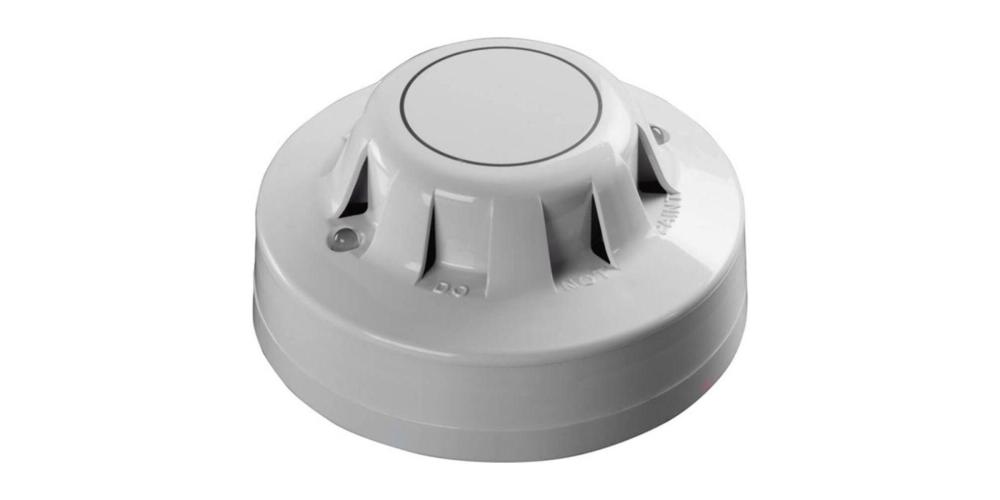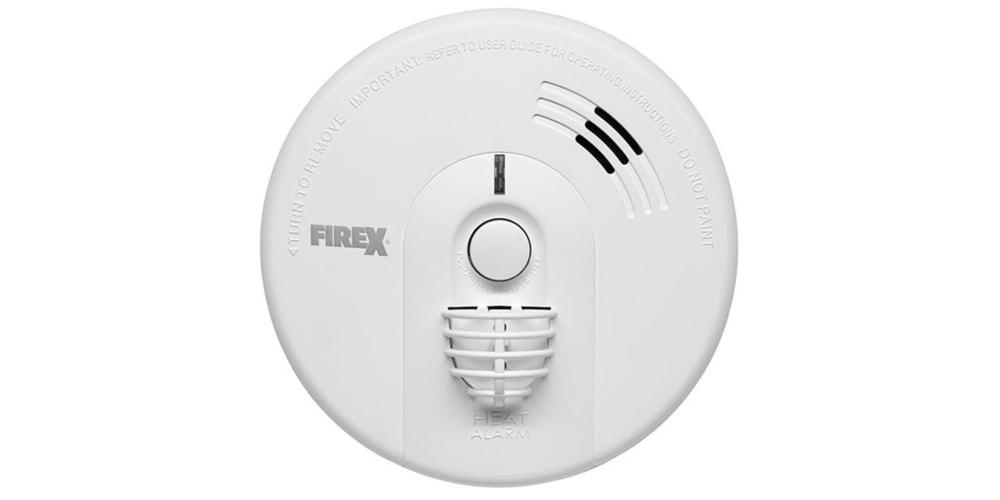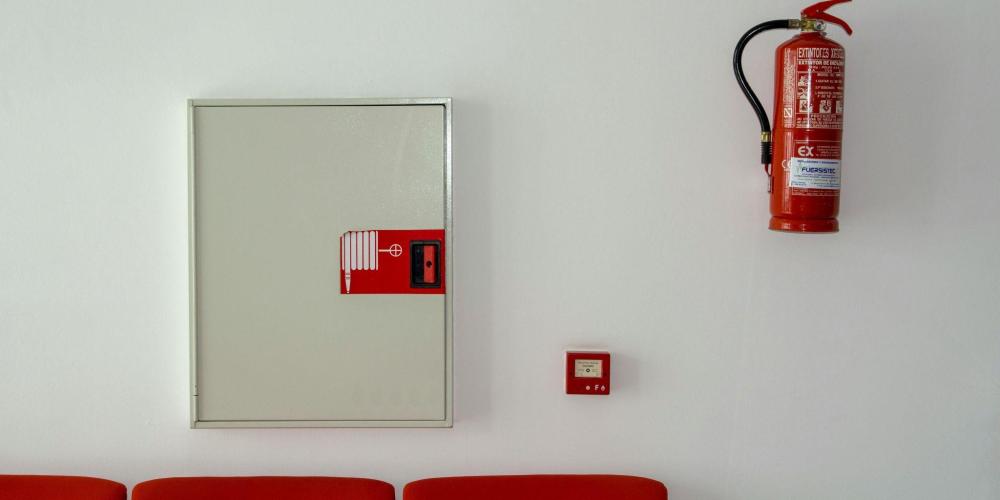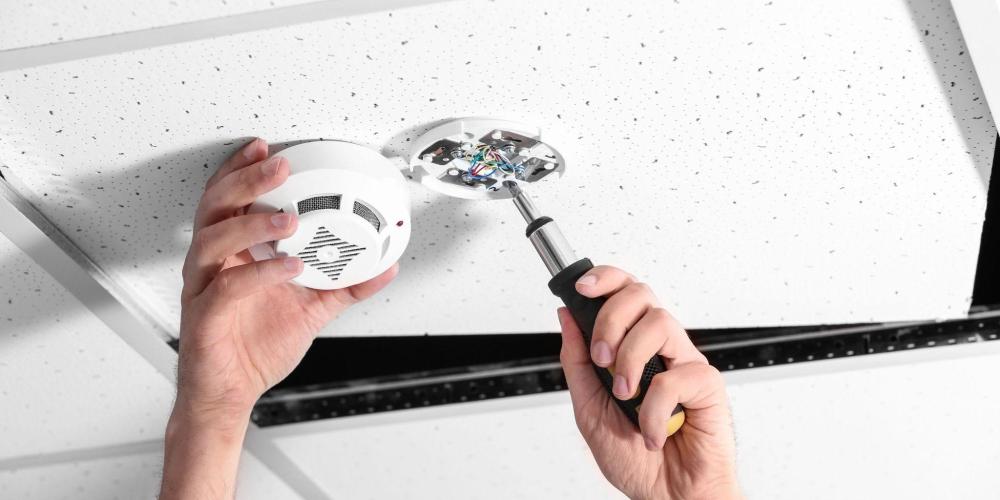Smoke Detector advice for Landlords
Fire Safety for Landlords: How to Choose the Right Smoke Alarm

Fire safety isn’t a box-ticking exercise; it’s a legal and moral priority for every landlord. The latest data from Electrical Safety First shows domestic fires in rented homes are on the rise, yet many properties still rely on outdated alarms. A modern, correctly placed detector can cut the risk of fatality by half, according to the National Fire Chiefs Council.
In this guide you’ll learn which technology offers the fastest warning, how to stay compliant with the Government’s updated Smoke and Carbon Monoxide Alarm Regulations, and why choosing the best smoke alarmssmoke detectors with battery backup—so you can protect tenants and safeguard your investment with confidence.
1. Understanding the Main Smoke-Alarm Technologies
| Detector Type | Best at Detecting | Typical Locations | |
|---|---|---|---|
| Ionisation | Optical (Photoelectric) | Heat (Thermal) | Combined (Multi-sensor) |
| Fast-flaming fires (paper, chip-pan fires) | Slow-smouldering fires (e.g. overheating wires) | Rapid temperature rise | Both flaming and smouldering fires |
| Landings, living areas | Bedrooms, hallways | Kitchens, garages | Whole-home or multi-room setups |
| Island Trading | Helen Bennett | UK |

Ionisation units are affordable and quick to register fast-moving flames. Their downside is reduced sensitivity to smoulder-type fires that produce thick smoke before igniting.

Optical detectors are more responsive to larger smoke particles from smouldering fires such as overheated chargers. They cost slightly more but reduce nuisance alarms compared with ionisation models.

Heat detectors measure temperature rise rather than smoke particles, so steam and cooking vapours will not trigger them. They protect kitchens but cover only a small radius, meaning you may need multiple units.

A multi-sensor alarm merges ionisation and optical technologies, offering the broadest protection. For landlords who want a “fit and forget” solution, these provide peace of mind at a modest premium.
Credit: eFIXX
2. Picking the Right Power Source
After selecting a detector type, decide how it will be powered.
Standard Battery
- Cheap, easy to install
- Tenants must remember to replace batteries annually
Ten-Year Sealed Battery
- Lithium cell lasts up to a decade
- No battery swaps, ideal for hard-to-reach ceilings
- Upfront cost is higher, but lifetime cost is lower
Mains Powered with Battery Backup
- Wired directly into the electrical circuit, so no missing batteries
- Backup cell keeps the alarm live during outages
- Must be installed by a qualified electrician
3. Linked and Smart Alarms

Linked alarms communicate with each other; if one unit sounds, every unit sounds. This is crucial in HMOs, flats, or multi-level houses. New “smart” versions send alerts to a mobile app, showing which room triggered the alarm and logging weekly self-tests automatically.
4. Legal Requirements for Student Rentals
UK regulations state that landlords must install at least one smoke alarm on every storey used as living accommodation and a carbon-monoxide alarm in any room with a solid-fuel appliance. Failure to comply can result in civil penalties of up to £5,000. Local councils and university accommodation offices often impose even stricter rules, so always check regional guidance.
5. Maintenance Tips Tenants Will Actually Follow

- Test alarms on the first Monday of every month (“Test-It-Monday”)
- Vacuum vents gently to remove dust build-up
- Never cover or paint over detectors
- Replace units at the manufacturer’s end-of-life date, usually ten years
Conclusion: Protect Tenants and Property with Meteor Electrical
Fire safety is non-negotiable, especially when young adults may be cooking at odd hours or using multiple devices at once. The right mix of detectors, power options, and regular checks can prevent tragedy and protect your investment.
At Meteor Electrical, you will find EN-certified ionisation, optical, heat, and combined smoke alarms from trusted brands, plus mains-linked kits and ten-year battery models ready to ship.
Not sure which unit meets the latest standards? Our technical team is only a phone call or live-chat away. Equip your student property today and rest easy knowing you have given your tenants the best possible protection.
FAQs
1. How many smoke alarms do I need in a two-storey student house?
At least one on each level and one in any room where tenants spend most of their time, such as a living room, plus a heat alarm in the kitchen.
2. Can tenants remove a chirping battery?
No. Regulations require alarms to remain functional. Replace the battery or unit immediately and keep a log for compliance.
3. Are smart smoke alarms worth the extra cost?
Smart units provide mobile alerts and self-testing logs, which are helpful if you manage multiple properties remotely.
4. Do I need professional installation for mains-powered alarms?
Yes. These alarms must be wired by a qualified electrician to comply with BS 5839-6 domestic fire-alarm standards.
5. Where can I buy EN 50291 and BS 5446-certified alarms?
Visit Meteor Electrical online or in-store for a full range of certified smoke and carbon-monoxide detectors with fast UK and Ireland delivery.

